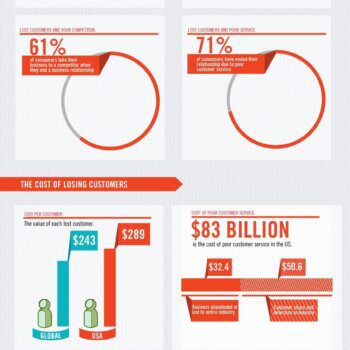(Women on Top in Tech is a series about Women Founders, CEOs, and Leaders in technology. It aims to amplify and bring to the fore diversity in leadership in technology.)
Bhavna is leading NEXT’s international expansion strategy and GTM as a way to access technology innovation and new customer socio-economic groups around the world.
She has gathered more than ten years of experience in innovation, marketing, business development, finance, and global strategy within the Technology, Financial Services, and CPG industries. She specializes in Startup advisory, international development, product management, marketing, business development, research, P&L modeling, management reporting, budgetary control.
What makes you do what you do?
I am an accidental technologist. I actually hold a Masters degree in Physics and began working in the field of technology only after completing my education. I’m passionate about the potential that technology brings to the fore to alleviate human suffering and uplift human existence. At Visa, I manage Site Reliability & Performance Engineering for a marquee Visa product suite.
How did you rise in the industry you are in?
I have always defined my own priorities and have never been hesitant or afraid to make them known and be vocal about what I need to be able to balance work and life. This has gone a long way in helping me stay focused in the right way on all my goals – whether personal or professional. Leading a conflict-free existence is essential to succeeding both professionally and personally.
Why did you take on this role/start this startup especially since this is perhaps a stretch or challenge for you?
Taking on Site Reliability Engineering was a stretch – I had never worked in this area before. I love challenges and taking on goals in areas that are outside of my comfort zone – I believe it is the best way to expand horizons. The faith of my leadership in trusting me with the role was critical, as was my own belief that I can learn anything with the right amount of effort.
Do you have a mentor that you look up to in your industries or did you look for one or how did that work?
I have never had a formal mentor – although there are several people whom I respect deeply and who have positively influenced my career journey. I have been lucky to work with really talented men and women from whom I have learned so much.
I am a “life-long” learner and approach every situation as a “student” – there is always something to learn. This approach has really helped me learn from the best – any time, every time. Sometimes you encounter positive role models and you recognize what you can emulate to do better, at other times you learn what you must absolutely avoid!
How did you make a match if you did, and how did you end up being mentored by him/her?
I consider many different people my mentors, even though they have not been “formal” mentors. Whenever I meet someone I can learn from, I observe the person in action and take-away “to-do’s”. I also approach the person to get some time for the next level of detail, after having done my homework.
Sometimes people hesitate to take on a mentoring relationship formally, because of the perceived time commitment. However, I have always found that, by and large, people are happy to help share their knowledge and skill in order to help others. So instead of focusing on a formal mentoring relationship, it has worked for me to reach out with specifics and get insights.
Now as a leader how do you spot, develop, keep, grow and support your talent?
I am a strong believer in the infinite potential of every human being. Successful people get to where they are because their attitude allows them to not give up – to persevere and learn what they need to in order to differentiate themselves. As a leader, I believe in setting “audacious goals” for myself and my team – goals that are outside the zone of everyday work, and that enables all of us to learn, grow and feel proud as professionals.
Do you consciously or unconsciously support diversity and why?
I am a big supporter of diversity – I make every conscious effort to avoid being part of “echo chambers”. Innovation, learning, and growth come from working with people who are different from yourself.
Different people offer varied perspectives in every situation. That may sometimes seem uncomfortable to “that-is-the-way-we-do-things-here” schools of thought; however, eventually, it helps everyone expand their horizons of experience…
What is your take on what it takes to be a great leader in your industry and as a general rule of thumb?
As a leader, it is essential to have a vision. Great leaders are naturally respected, not because of their position or title, but because people around them want to be part of realizing the common vision. Although visions can vary broadly depending on the work function that you are in, a common vision is essential for the team to be able to look up to, rally towards, and be creative and innovative.
For example, my vision for Site Reliability Engineering is to reduce Mean Time To Detect issues in order to prevent faults from becoming failures. This vision literally opens infinite possibilities for engineers to bring out their best.
Advice for others?
It is really important to know what you want and never hesitate to reach out for it. Although it may sound clichéd, it is absolutely true that failure is a stepping stone to success. A success that follows failure is much richer and more meaningful.
If you’d like to get in touch with Bhavna Kumar, please feel free to reach out to her on LinkedIn:https://www.linkedin.com/in/bhavna-kumar-6014587/





























